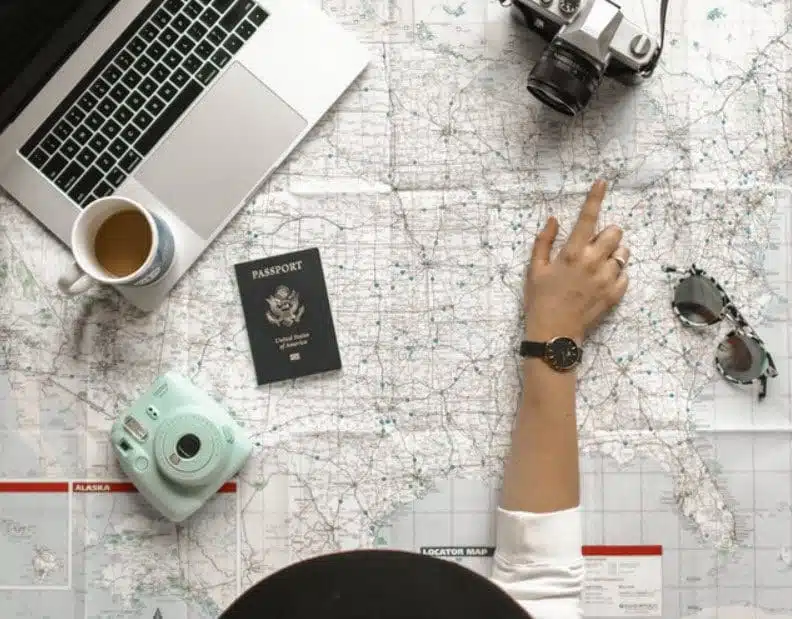Vacationing as a Family Caregiver
Posted in Vacationing as a Family Caregiver
The past year has been challenging for everyone, but especially for families providing long-term care to older family members.
As COVID-19 vaccinations become readily available, many families are eagerly planning their first vacations since the pandemic began, but must consider their responsibilities as family caregivers and the well-being of their loved ones. 
The following article outlines important questions to consider when planning a vacation as a family caregiver and resources you and your loved ones might find useful.
-
Can your loved one perform day-to-day activities?
Be mindful of your loved one’s ability to perform regular tasks like food preparation, eating, bathing, dressing and personal hygiene. If you regularly assist your loved one in one or more of these activities, you will likely need to arrange assistance from an informal or paid caregiver in your absence.
-
Can you arrange check-in visits with a trusted contact?
Regardless of travel plans, it is always important to have a trusted friend or neighbor in close proximity to your loved one’s home in case of an emergency or loss of communication. Prior to taking a trip, a schedule should be arranged with this trusted contact to pay friendly visits to your loved one’s home during your absence. In some cases, families will ask staff in a loved one’s building to periodically visit their apartment to make sure they’re getting along.
-
Is your loved one’s home well-prepared?
If you help your loved one with regular errands like grocery shopping or refilling prescriptions, make sure that your loved one is well-provisioned prior to your visit. If you plan on being out of town for a longer period of time, organize delivery schedules to replenish supplies while you are away.
-
Do you have reliable communication?
As some households begin exclusively using mobile phones, remembering to charge a phone and where it’s been placed are new obstacles in family communication. Be sure to have an alternate way to contact your loved one during your trip, and consider scheduling a set time when you will call your loved one every day to say hello.
-
Is there an emergency plan?
In the event your loved one has a medical emergency during your trip, ensuring first responders have all the relevant information they need is critical. Traveling family caregivers are encouraged to help set up an emergency communication binder in the home of their loved one.
As a family caregiver, a little preparation can go a long way in ensuring your loved one is safe during your absence. However, if you are unable to sufficiently answer the above five questions for any reason, home health care might be the solution your family needs.
May agencies, including SelectCare, offer short-term in-home care services that provide consistency to a loved one staying at home, allowing for reliable supervision, assistance with day to day tasks and regular communication with the rest of the family, all backed by the clinical oversight and support of the agency’s nursing staff.
If a family chooses to bring professional home caregivers into their loved one’s home during a vacation, it is generally recommended that they begin contacting a home health care agency about a month in advance. This allows time for the agency to perform an evaluation of the client’s needs and identify the right caregiver or caregivers for their specific circumstances.
To learn more, visit SelectCare’s Short Term Care page.
